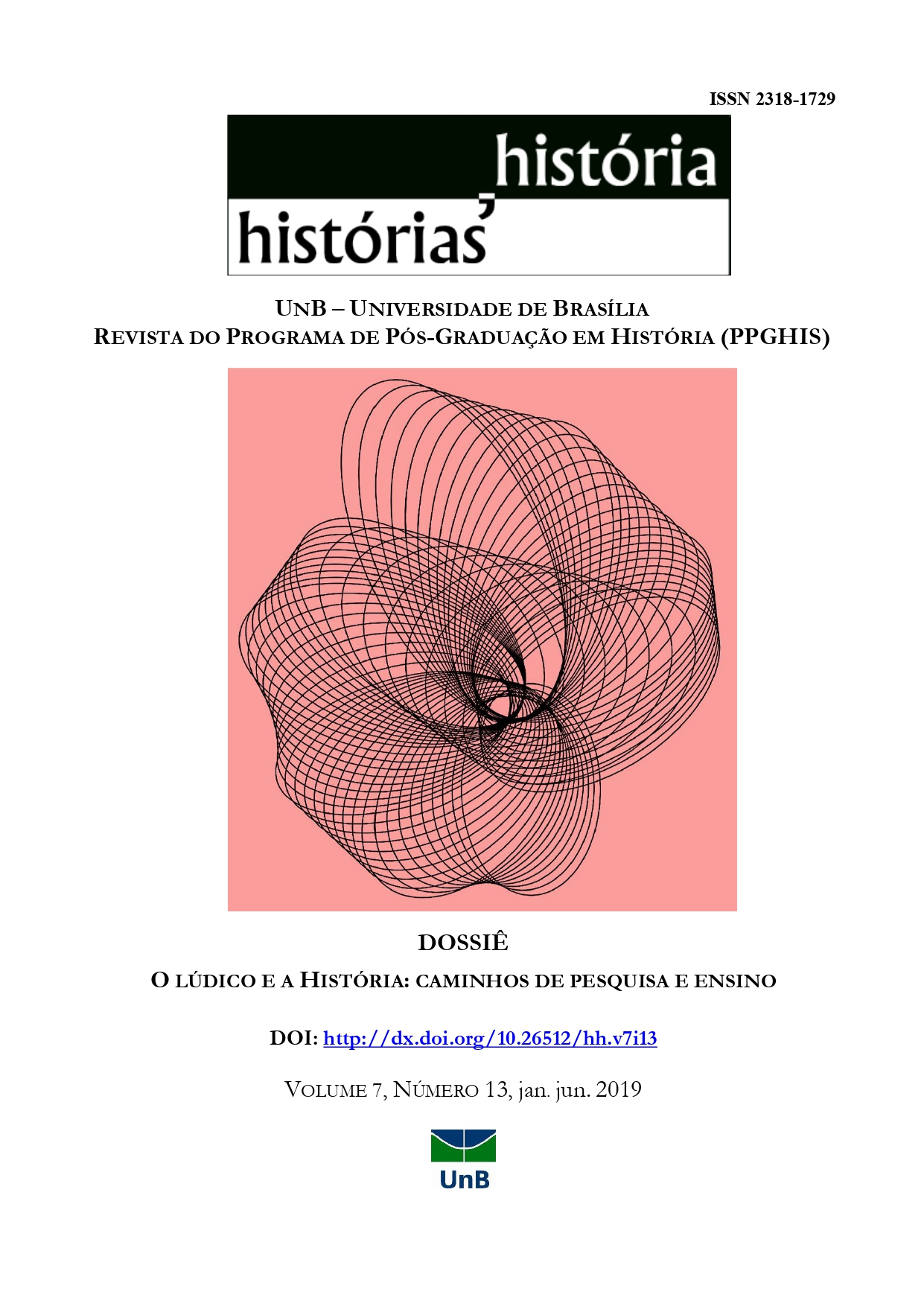“Coisas de menino e coisas de menina"
Um ensaio sobre gênero e a construção da identidade a partir da Graphic Novel Fun Home
DOI:
https://doi.org/10.26512/hh.v7i13.19230Keywords:
Graphic Novel, Identidade, Gênero, Alison Bechdel, AutobiografiaAbstract
Fun Home is an autobiography in graphic novel format, by Alison Bechdel. A work in which the author discusses what she calls her "journey of self-discovery". It includes episodes that marked his trajectory, in particular, the confrontation of his father with his own sexuality; the commitment of his mother in maintaining the appearances and the search of the author as a lesbian adolescent by its identity. Through this work, it is possible to observe Stuart Hall's assertion that identity is a process, always under construction. Fun Home allows us to digress on issues that deal with identity, gender, sexuality and normaLization of social roles. Through the process of identification and exclusion carried out by Bechdel. Since, at all times, there is a contrast between her personal ideas and wishes, with books, characters, social roles observed, the reading of feminist authors and, above all, the relationship of the father with his own sexuality. Thus confirming Tomaz Silva's proposition that differences are implied in any identification.
Downloads
Downloads
Published
How to Cite
Issue
Section
License
Authors who submit papers with this journal agree to the following terms:
a) Authors retain copyright and grant the journal right of first publication with the work simultaneously licensed under a Creative Commons Attribution License that allows others to share the work with an acknowledgement of the work's authorship and initial publication in this journal.
b) Authors are able to enter into separate, additional contractual arrangements for the non-exclusive distribution of the journal's published version of the work (e.g., post it to an institutional repository or publish it in a book), with an acknowledgement of its initial publication in this journal.
c) Authors are permitted and encouraged to post their work online (e.g., in institutional repositories or on their website) prior to and during the submission process, as it can lead to productive exchanges, as well as earlier and greater citation of published work.




